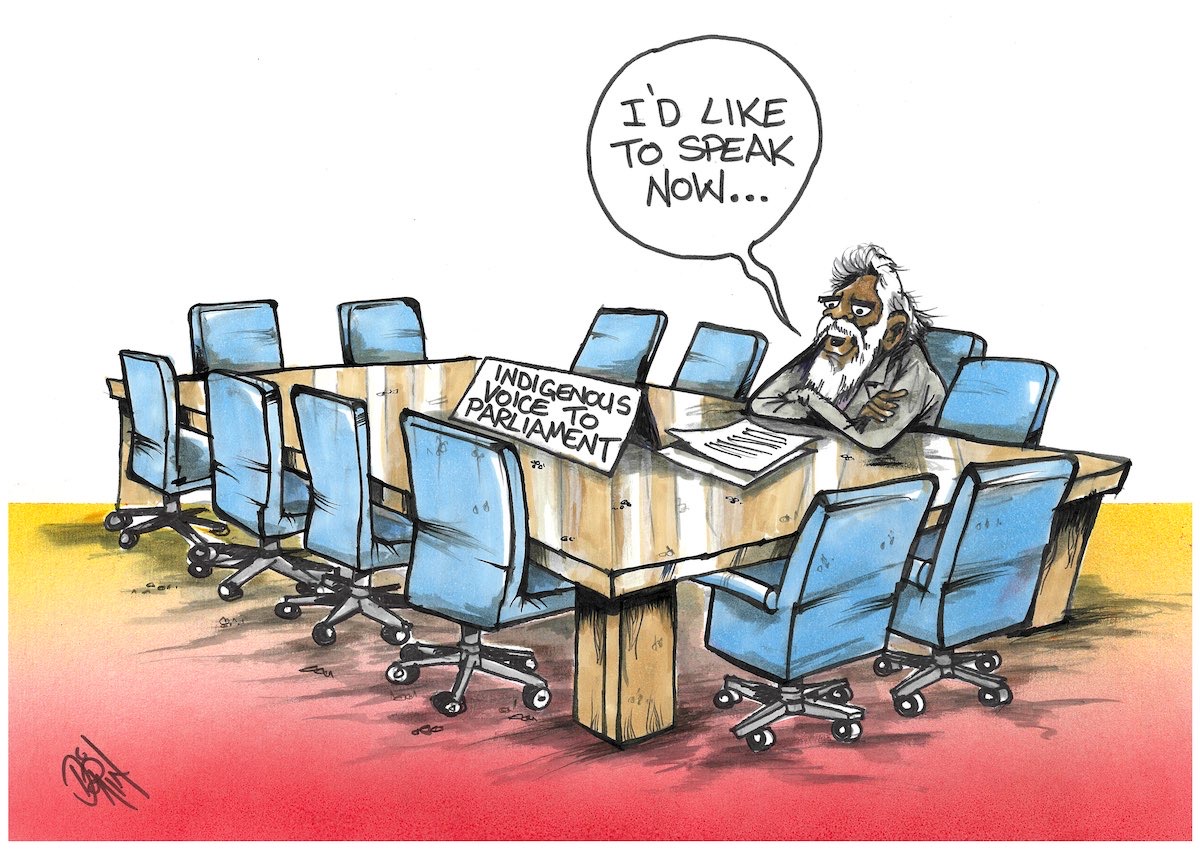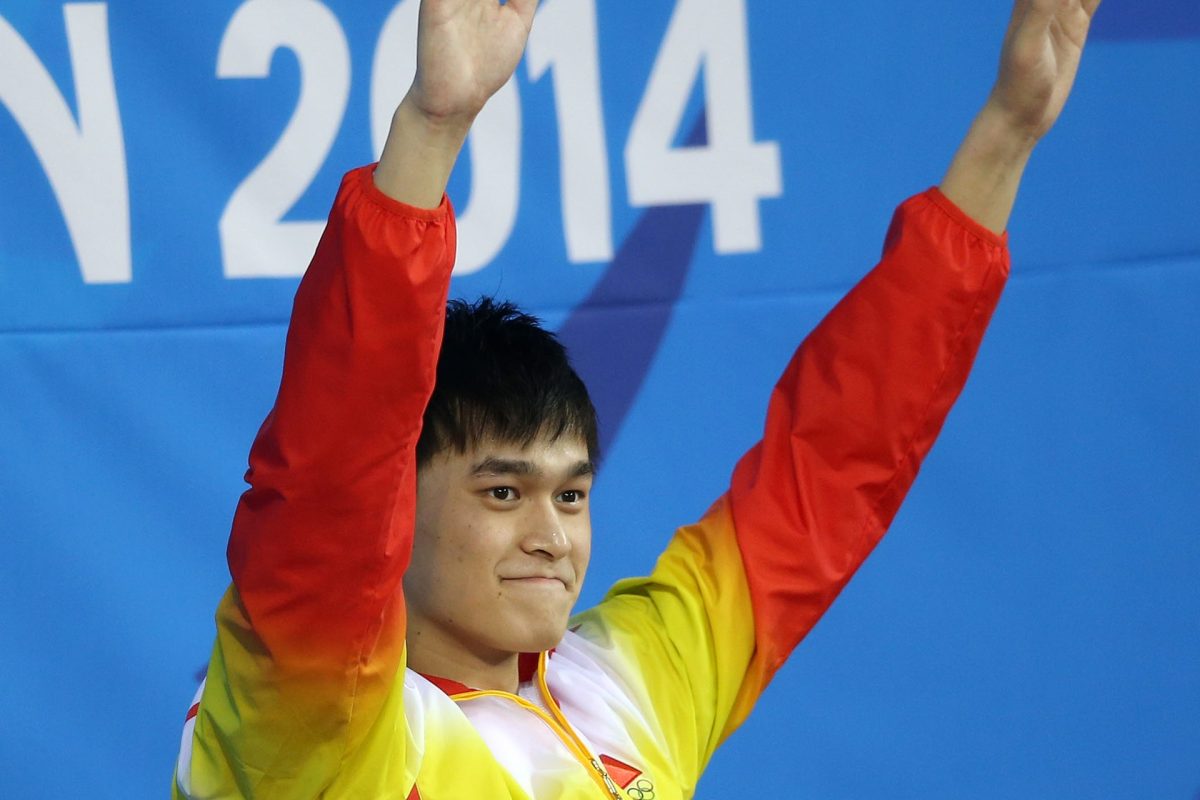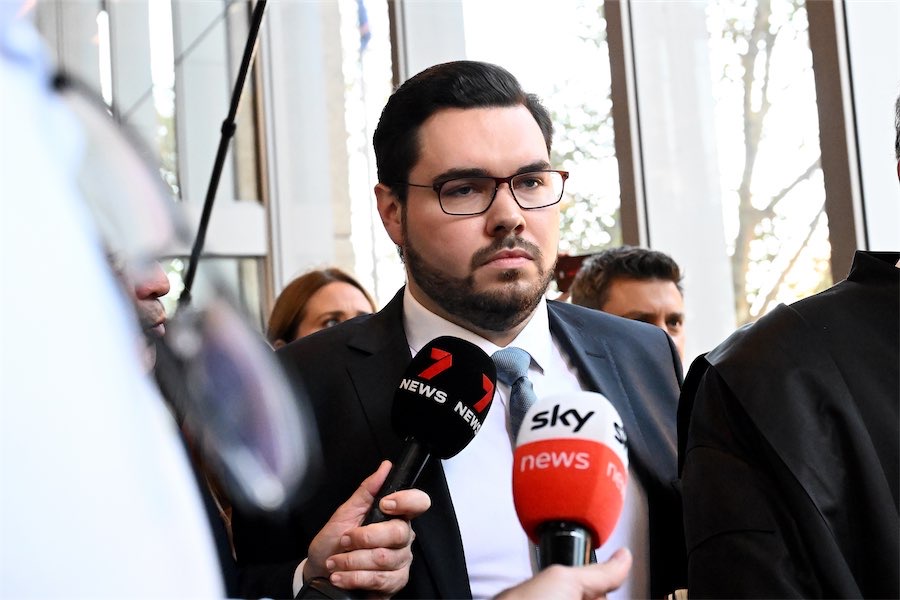
Reader MICHAEL BOYLE, of Chapman, has responded to the “CityNews” invitation for more voices on the Voice…
CONTROVERSY is swirling around the proposal for an Aboriginal Voice to parliament with positions becoming entrenched.

The impacts of constitutional amendment are profound in their effect for the nation. The Voice is no exception. Therefore, Australians deserve to be reliably informed of what and why they are being asked to endorse the Voice. The questions I should like to see explained are described below.
What are the terms of reference that authorise the Voice’s advice and recommendations to parliament?
Most Australians want to see the developmental gap between Aborigines and mainstream society bridged, but this is complicated by the gradual realisation that the violence and associated problems in outback communities require generational change, and it is not obvious how the Voice will contribute to this repair.
Proponents claim that its intervention will be dramatically effective. Why will it be so: what is the evidence given the past litany of failure? What lessons have been learnt from those failures and how are they to be prevented from recurring?
There is argument over whether the Voice is justiciable before the High Court that ultimately will decide disputes over interpretation. Is this not the primary purpose of the court established by the Constitution?
Many Australians believe that enshrining the Voice in the Constitution provides the Aborigines with constitutional recognition and guarantees the integrity of the outcomes.
The matter of Aboriginal constitutional recognition can be addressed separately from the Voice. Given the multi-racial nature of Australian society with its blend of cultures, is it not fitting to think that all those races that are now Australian citizens and who have contributed substantially to Australia’s prosperity, socio-political stability and national security should receive formal recognition in the Constitution? Would this not be an effective counter to allegations of racism to the detriment of the current debate?
My impression is that there is not a single Aboriginal community or a federation of tribes, but a very diverse range of peoples spread across the whole of Australia living in widely different environments with some common concerns but dealing with a range of differing circumstances with variations of culture.
The idea of bringing their representatives together to identify and resolve problems has appeal, but its success depends on the practicality of the steps necessary to achieve this. A failure to get this right raises the spectre of past failures. Why has there been so little revealed on how the government intends to proceed in this regard?
People ignore administrative detail and the problems of bureaucracy. Recent Australian history demonstrates what happens when insufficient attention is paid to how well-intentioned projects are underfunded, poorly managed and with insufficient accountability. There is a range of activities that need to be recognised but may be summarised as what is being proposed to ensure communication, co-operation and co-ordination between the participants to encourage compromise, consensus, prevent corruption and resolve friction.
The Commonwealth parliament is intended to function as a reliable representative of all Australians and give due consideration to the interests and arguments of all Australian citizens, so why has it failed in the case of Aborigines who are an identifiable group of Australian citizens?
Have all the possibilities available to parliament to communicate with Aboriginal communities, individuals, institutions and businesses proved inadequate or failed for some reason?
The question of who is perceived as an Aborigine appears increasingly vexed. Many Aborigines have or are in the process of becoming mainstream Australians with the ambitions, achievements and security that make them indistinguishable from their neighbours. In education and wealth they have achieved an advantage compared with their bush counterparts: should this be a consideration in how the Voice is to be developed?
Politics are now part of the debate. Is it considered that political ideology, party loyalty, resources and support may be an aspect of processes of the “Voice,” acceptable in the selection of candidates, the formulation of policies and the recommendations to parliament? If so, does this not mean that the Voice will risk becoming a political forum little different from today’s parliament?
What will be the situation for Aborigines who disagree with the views of the Voice? Will they get a hearing in parliament? This raises a question regarding whether the Voice as currently conceived might not intrude upon the rights of Australian Aborigines to use access to parliament and its members in a manner they regard as most appropriate in meeting their interests.
CityNews” welcomes all opinions. Respectful letters to editor@citynews.com.au, please.
Who can be trusted?
In a world of spin and confusion, there’s never been a more important time to support independent journalism in Canberra.
If you trust our work online and want to enforce the power of independent voices, I invite you to make a small contribution.
Every dollar of support is invested back into our journalism to help keep citynews.com.au strong and free.
Thank you,
Ian Meikle, editor





Leave a Reply